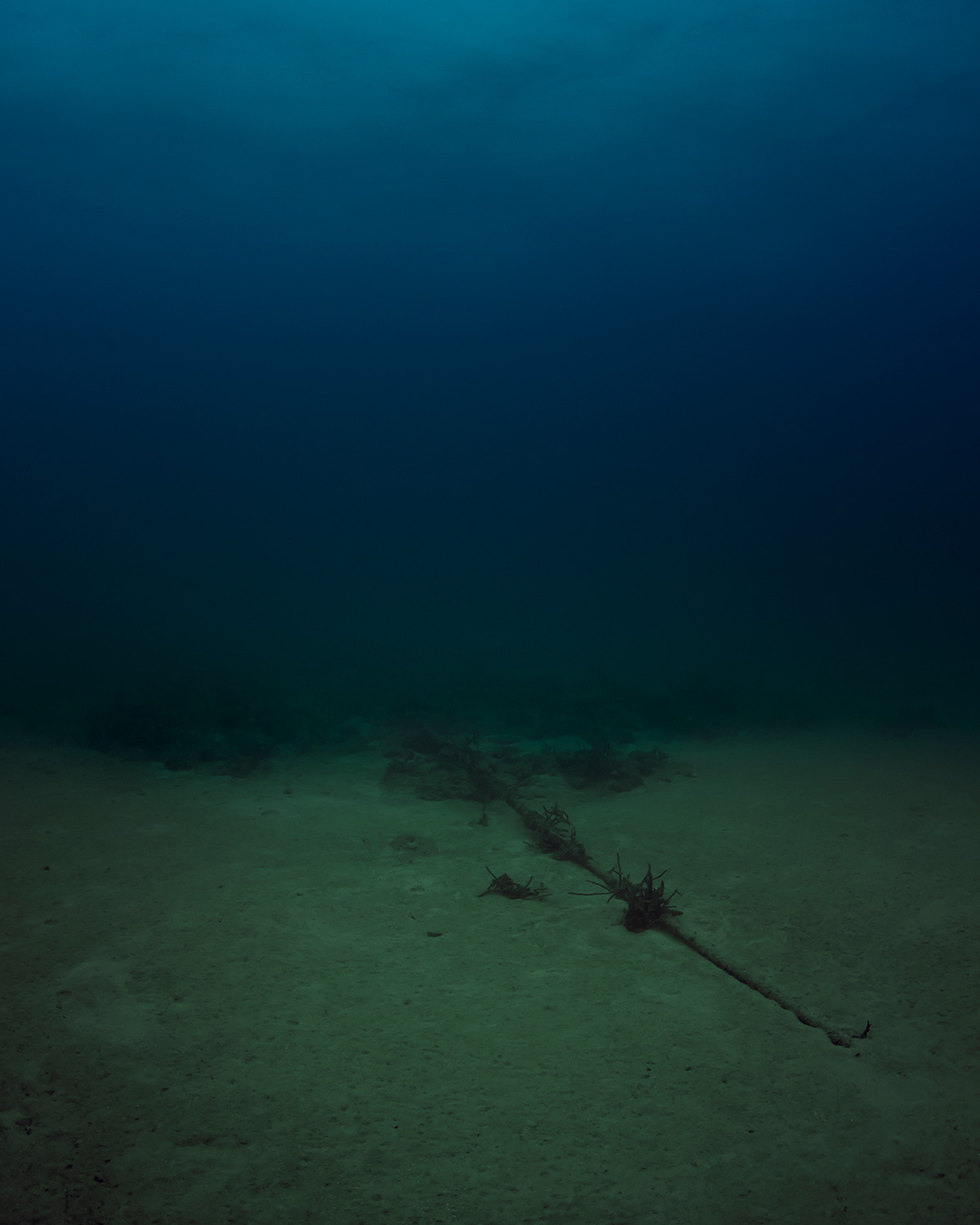Internet History
I'm a firm believer that the importance of the Internet Archive cannot be overstated, so it has been especially difficult to watch them struggle with the repercussions of an attack last month.
I've spent a lot of my life in libraries, archives, and museums, and a lot of time thinking about the challenges of preservation. I've seen first-hand the challenges that the people toiling in these thankless positions face on a daily basis, making it all the more upsetting to hear news of the attack. You expect threat actors to go after big businesses and organizations with high-value data, not a library.
The time it took to get the IA back up and running was also a reminder of just how big the resource divide is between the giants of tech and little orgs like the Internet Archive.
Everyone has, of course, heard the warning "the internet is forever", and while the generally intended message of the phrase — to encourage caution in what one does, says, or uploads to the internet — is an important message, I think it has also had the unintended side-effect of shaping how people view "history" in the digital world, as if everything always exists somewhere. Everything is there, until it's not. One day your bookmark leads to a 404 page. Then what?
It's easy to forget but the internet isn't magic, it's just a bunch of cables (see the photo below, from a series by Trevor Paglen) and "the cloud" you may rely on so much is just someone else's harddrive. These things are far from indestructable. (Update 11/18: Some are very well aware... snip snip!)

It takes a lot of work to preserve things and data is no different. Someone has to do that work.
Years ago I attended a talk by Kenneth Goldsmith and one of the things he really emphasized was that "if you love something, download it!" I've thought of that a lot and done my share of repeating it but that is far from the end. You may have something saved but do you have a disc drive? Can the disc still be read? Is there a working program that can actually open the files? Our digital-born history requires not just the time and space to save but also constant upkeep to maintain compatability with contemporary technology.
Luckily there are people out there who are devoting their time (at best severely underpaid, often entirely unpaid) to do this work but we should all be upset at how undervalued this work is in our society. Why should one have to make sacrifices to work in this arena and what do we expect is going to become of it in the future?
I'm reminded of the artist Dan Flavin, who made sculptures out of common flourescent tube lighting, the same bulbs you could find in any office.
“In time the whole electrical system will pass into inactive history,” Flavin wrote in his journal in 1962. “My lamps will no longer be operative.” In the eighties, when the Sylvania lighting company briefly stopped manufacturing green fluorescents, he was forced to buy up hundreds of them in order to stave off a blackout. The mini-crisis was averted (by which time his assistant had a collection of more than six hundred spares), but the real crisis remained: eventually, Flavin’s fluorescent tubes wouldn’t be available over the counter. Today, his estate helps supply galleries with fresh ones, built by a custom fabricator [...]" (source, emphasis mine)
This seems like a great win in the fight for technological preservation, but again I can't help but think about the disparity in resources. Of course I'm happy that my daughters will be able to see the flourescent glow of a Dan Flavin sculpture (though an interesting conversation could be had about the works no longer being made of a "common" mass-produced object...) but we have to remember that this is only thanks to the fact that Dia — a non-profit co-founded by the heiress to the largest off-shore oil drilling company in the world and which, as of 2013, has an endowment of around $55mil — actually has the money needed to have a custom fabricator produce new bulbs for the works. And would the foundation even bother if the sculptures didn't sell for prices approaching seven figures?
I guess all of this is just to say: if people like James Murdoch and Jane Skinner Goodell (son of Rupert, wife of Roger, both joined the Dia board in 2016) aren't going to give millions to support the Internet Archive, can the hacker groups at least leave them alone?
Image: Trevor Paglen, Bahamas Internet Cable System (BICS-1), NSA/GCHQ-Tapped Undersea Cable, Atlantic Ocean, 2015. C-Print. 60 × 48 in.